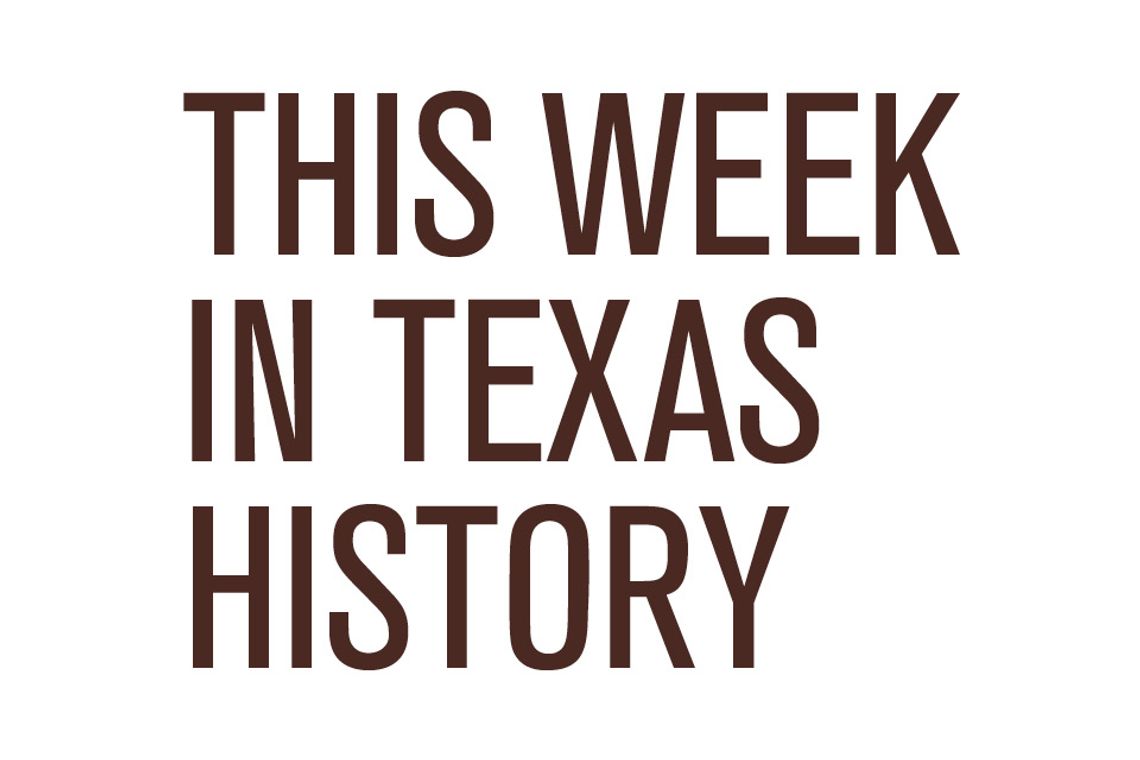On June 16, 1932, the U.S. House of Representatives echoed a Texas member’s call for cash compensation for veterans of the First World War, but a bloody disappointment was in store for the “bonus army” that had invaded Washington.
As a freshman congressman from northeast Texas, Wright Patman introduced a bill in May 1929 mandating the immediate payment of the so-called “adjusted service compensation” for the two million doughboys that fought in France. Why should the ex-soldiers, who risked their lives to “make the world safe for democracy,” have to wait until 1945 to collect the thousand-dollar IOU’s?
Patman pointed out that the railroads and war contractors had not been kept waiting. When they whined about the money allegedly lost due to wartime price controls, the Harding administration coughed up $3.5 billion, a giant giveaway that added 23,000 names to the list of millionaires.
Patman’s main and most obstinate opponent was Andrew W. Mellon, the fabulously wealthy financier serving his third successive president as treasury secretary. Appeals to reason and fair play had no effect on the tight-fisted tycoon, who insisted the bonus would knock the federal budget out of balance.
The Lone Star lawmaker retorted that Mellon had not shown such fiscal restraint, when he recently refunded $2 billion in corporate taxes. Special interests could always count on preferential treatment from the treasury watchdog, while “the veteran crying for bread today” had to be content with a “promise of cake in 1945.”
For nearly two years, the Republican chairman of the Ways and Means Committee refused to hold hearings on the bonus bill despite repeated pleas from Democratic leader John Nance Garner of Texas and four million petition signatures. When the bottleneck was finally broken, Patman watched helplessly as a gutted version of his brainchild sailed through the House and Senate.
Herbert Hoover denounced the bonus as “a dole” and “a step toward government aid to those who can help themselves” before vetoing the measure. But both congressional chambers overrode the presidential veto in resounding fashion in February 1931.
Less than a month later, Patman renewed his fight for full and prompt payment. In his corner for this round was William Randolph Hearst, the powerful publisher whose big-city dailies championed the veterans’ cause.
The Hearst papers were, however, the exception to the ferocious anti-bonus backlash in the national press. The influential Literary Digest, for example, attacked Patman and his supporters as “a bunch of flag-wavers who don’t care what happens to the country so long as they get votes.”
As the debate in congress moved toward a dramatic conclusion in the summer of 1932, thousands of vets and their families converged on Washington. The “Bonus Expeditionary Force” took up temporary residence in a tar-paper shantytown at Anacostia Flats and endured stifling heat and squalid conditions to make their presence felt.
Many congressmen resented the public pressure, and a few nervous Nellies actually feared for their lives. Patman was accused of mobilizing the mob, when in fact he cautioned against the occupation of Washington because “such a move would be damaging to our cause.”
After House passage of the Patman package on Jun. 16, tension mounted as the bonus army anxiously awaited the outcome in the Senate. Compromise was again the name of the game, and the piecemeal process produced a watered-down substitute that bore little resemblance to the original.
In the meantime, militant veterans moved into vacant government buildings on Pennsylvania Avenue. District of Columbia police turned the routine eviction of the squatters into a needless melee that sent two vets to the morgue and many combatants on both sides to the hospital.
President Hoover overreacted and gave Gen. Douglas MacArthur carte blanche to clear the capital of the troublemakers. Tanks, horses, bayonets and tear gas were used to run defenseless men, women and children out of town, and their makeshift camp was burned to the ground.
Patman expected more compassion from Hoover’s successor in spite of his long-standing opposition to veterans compensation. But the Senate took Franklin D. Roosevelt at his word and boycotted the bill forwarded by the House in 1934.
Patman tried again in 1935, and this time the bonus bill reached FDR’s desk. After he turned thumbs down, the House had no trouble overriding his veto but the Senate came up ten votes short.
More representatives and senators than ever followed the Texan’s lead in 1936. Roosevelt answered with another veto, but congress would not be denied. Wright Patman’s seven-year struggle paid off at last for the veterans of a war that had been over for 18 years.
“Unforgettable Texans” brings to life the once famous people no one remembers today. Order your copy for $24.00 (tax and shipping included) by mailing a check to Bartee Haile, P.O. Box 130011, Spring, TX 77393.











